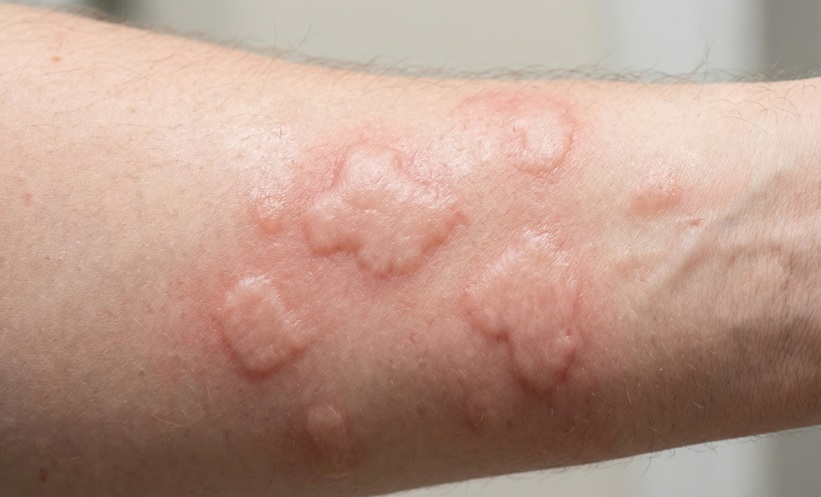THE PROPER management of penicillin allergy is an issue of critical importance across medicine, but its significance is especially acute during pregnancy. Penicillin-based antibiotics represent the first-line and safest therapeutic option for a multitude of infections that may arise around the time of delivery. This is particularly true for the crucial need to prevent serious neonatal complications stemming from Group B Streptococcus infection. Consequently, the ability to safely and efficiently remove an often-incorrect allergy label has profound positive implications for both maternal and neonatal care.
Streamlining Penicillin Allergy Testing for Expectant Mothers
A new, prospective, randomised controlled trial was conducted to evaluate a simplified clinical approach. The study’s objective was to assess the safety of a two-step direct challenge (DC) to amoxicillin, crucially performed without preceding skin testing (PST). The trial focused exclusively on pregnant patients, regardless of their trimester, who possessed a low-risk penicillin allergy label. The trial included a cohort of 144 women: 73 underwent the traditional PST followed by an oral amoxicillin challenge, and 70 underwent the new two-step direct challenge.
The results were compelling and demonstrated high efficacy. A full 100% of the women who underwent the direct challenge had a negative evaluation for penicillin allergy, compared with 93.2% in the conventional PST group. Crucially, the safety of the direct challenge was unequivocally proven. No reactions in either the DC or the PST groups necessitated medical treatment or, most notably, the administration of epinephrine.
Beyond being equally safe, the DC method offered a considerable advantage in clinical efficiency and resource use. The median time required for the direct challenge was significantly lower at only 65 minutes (interquartile range, 65-70 minutes), compared with 75 minutes (interquartile range, 75-80 minutes) for the skin testing method. The key conclusion drawn from the study is clear: for pregnant patients with a low-risk allergy history, a two-step direct challenge is demonstrably as safe as, while being more time-efficient than, the conventional skin testing approach. This robust finding strongly supports streamlining the clinical pathway for de-labelling, enabling healthcare providers to ensure more women can receive optimal, life-saving antibiotic treatment during childbirth.
Reference
Patrawala S et al. A randomized trial comparing direct challenges to penicillin skin testing for outpatient low-risk penicillin allergy evaluations in pregnancy. J Allergy Clin Immunol Pract. 2025;13(9):2405-10.e1.





